UNCLAIMED PROPERTY & ESCHEATMENT
Did you know that you must take action to keep your shares of common stock ‘active’ with your bank, broker or transfer agent in order to avoid them being turned over as unclaimed property?
Read the FAQ below to find out more about the escheatment process, and how to avoid this happening to your investment.
If you received a Dormant Account Notice in the mail, you may securely upload your completed address update form here:
-
WHAT IS ESCHEATMENT?
Escheatment is a common state law that prevents unclaimed property from remaining without ownership, instead transferring it to the state of the property owner’s last known address. It is also a term used to describe how abandoned/unclaimed/lost property is turned over to the state.
-
WHAT CAUSES ESCHEATMENT?
If the property owner cannot be found (i.e. multiple pieces of returned mail) or hasn’t demonstrated an interest in the asset (i.e. voting the annual proxy statement or contacting the bank/broker/transfer agent on a regular basis), the U.S. state where the holder lives can take custody of those belongings. In the case of a foreign shareholder, the stock would be escheated to the state of incorporation.
-
WHAT PROPERTY IS SUBJECT TO THE ESCHEATMENT LAWS?
Escheatable property varies by state and includes a wide range of assets, including but not limited to any of the following asset accounts for which the issuer does not have a current address of the holder:
- Dividend checks and underlying shares of common or preferred stock
- Uncashed wage and expense checks
- Insurance claims
- Bonds or mutual funds
- Premiums or payments
- Bank or other asset accounts
Once the state considers these assets abandoned over a specified period of time, they must be turned over.
-
WHAT IS THE TIME FRAME FOR ESCHEATMENT?
Each state sets its own rules and time frames in its definition of what constitutes unclaimed property. The key element is the definition of ‘dormancy’, which is the period of time that an asset, payment, receivable or other instrument can remain inactive before it can be considered unclaimed. During this period, which typically ranges from two to seven years, a company must take steps to locate the owner of the asset. If it is unable to do so, it must then hand the asset over to the relevant government entity.
-
DO I RECEIVE ANY KIND OF NOTICE PRIOR TO ESCHEATMENT?
All states require a ‘due diligence’ mailing to a shareholder before final escheatment; however many states require a mailing only if the value of the assets is $50 or more.
If my shares of common stock have been escheated to the state and I seek to reclaim my property, will it be the original number of shares or a cash value?
While, in theory, property turned over to the state can always be reclaimed by the rightful owner, some states immediately liquidate equities and other asset classes to get their immediate cash value. In these states, the holder is only entitled to reclaim the net proceeds of the sale price at the time of the sale which could mean big losses for holders whose stocks are down and who are banking on holding them for the long term.
-
HOW DO I AVOID ESCHEATMENT OF MY COMMON STOCK?
It is important to keep in contact and respond to inquiries to prevent account dormancy.
- First and foremost, be sure to keep your address and contact information up to date with your financial institution (bank, broker or transfer agent).
- Be sure to contact the applicable institution at least once per year, whether it be by accessing your password-protected account online, calling into the customer service center, writing the financial institution or transfer agent, cashing your dividend checks, updating your address, changing a beneficiary, buying shares, or voting a proxy.
- If you receive a notice alerting you to the fact that your account is considered ‘inactive’ or ‘abandoned’, respond immediately.
Some third parties such as Xerox or Laurel Hill may contact you, providing assistance in helping to re-activate your account, but you always have the option of handling this directly with your financial institution or transfer agent, wherever your shares are held.
-
IS THERE A RESOURCE TO LEARN MORE ABOUT ESCHEATMENT AND UNCLAIMED PROPERTY?
-
DOES CLEARTRUST OFFER ANY OTHER EDUCATIONAL RESOURCES REGARDING UNCLAIMED PROPERTY?
Yes. Please contact us to request a copy of our educational webinar, featuring an unclaimed property overview, our holistic, streamlined solution, and collaborative industry insight from an expert panel.

